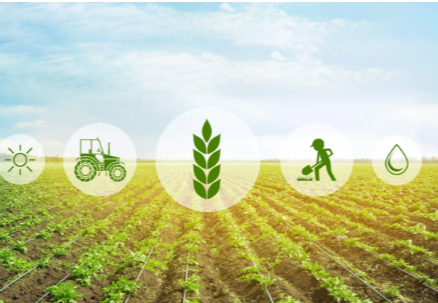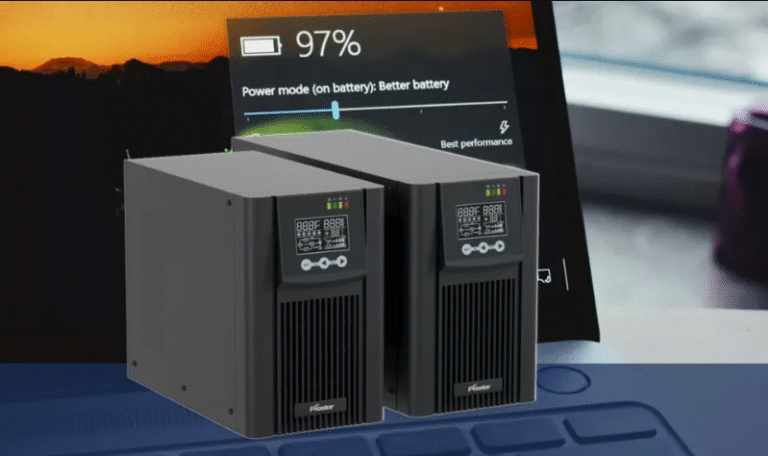Technology is reshaping the agricultural landscape through precision farming, drones, and smart sensors. These tools facilitate real-time monitoring of crops and soil, enabling farmers to make informed decisions. Moreover, sustainable practices like vertical farming are emerging as vital solutions to environmental challenges. As these innovations continue to evolve, one must consider how they will redefine traditional farming methods and address the complexities of modern agriculture.
Precision Farming: Enhancing Crop Management
Precision farming significantly transforms crop management by utilizing advanced technologies to optimize agricultural practices. This innovative approach leverages crop monitoring systems and data analytics to enhance productivity and sustainability.
By employing sensors and satellite imagery, farmers can gather real-time information about soil health, moisture levels, and pest activity. The integration of this data allows for informed decision-making, enabling tailored interventions that maximize yields and minimize resource waste.
Moreover, data analytics facilitates the identification of patterns and trends, promoting proactive measures to address potential challenges. Ultimately, precision farming empowers farmers with the freedom to make strategic choices that align with their unique circumstances, fostering a more efficient and environmentally responsible agricultural landscape.
The Role of Drones in Modern Agriculture
Advanced technologies, such as drones, are becoming integral to the evolution of modern agriculture, complementing the practices established by precision farming.
Drone technology has transformed crop monitoring by providing farmers with high-resolution aerial imaging. This enables them to assess crop health, identify pest infestations, and optimize resource allocation efficiently. Farmers can collect real-time data, allowing for informed decision-making that enhances productivity and sustainability.
Drones also facilitate precise applications of fertilizers and pesticides, reducing waste and minimizing environmental impact. As agricultural demands grow, the integration of drone technology not only boosts crop yields but also promotes innovative farming practices.
Thus, drones represent a pivotal development in the quest for increased autonomy and efficiency in agricultural operations.
Smart Sensors and IoT: Monitoring and Efficiency
The integration of smart sensors and the Internet of Things (IoT) in agriculture has revolutionized monitoring and efficiency across farming operations. These technologies enable farmers to collect real-time data on soil moisture, temperature, and crop health, facilitating informed decision-making.
Smart irrigation systems leverage this data, optimizing water usage and ensuring crops receive the precise hydration they need. By utilizing data analytics, farmers can identify patterns and trends, enhancing yield predictions and resource allocation.
This innovative approach not only increases productivity but also reduces waste, aligning with the desires of a freedom-seeking audience for greater autonomy in their agricultural practices. Ultimately, smart sensors and IoT empower farmers to cultivate more efficiently, making the most of their resources while adapting to changing environmental conditions.
Sustainable Practices Through Technology Integration
Technology’s role in agriculture extends beyond monitoring and efficiency, paving the way for sustainable practices that address environmental concerns. Innovations such as vertical farming exemplify this shift, allowing for space-efficient crop production that minimizes land use and reduces water consumption.
These eco-friendly innovations leverage controlled environments to optimize growth while reducing reliance on harmful pesticides and fertilizers. Additionally, precision agriculture technologies enable farmers to implement targeted interventions, minimizing waste and enhancing soil health.
Conclusion
In conclusion, technology is fundamentally transforming agriculture, enabling farmers to optimize yields and resource usage while promoting sustainability. Notably, precision farming techniques have been shown to increase crop yields by up to 30%, illustrating the profound impact of data-driven decisions. As the global population continues to rise, with projections estimating 9.7 billion by 2050, these innovations not only ensure food security but also foster a more environmentally responsible approach to farming, addressing critical challenges of our time.



